A Good Credit Score is crucial for securing loans, favorable interest rates, and maintaining financial health. This guide covers what a good credit score is, how to check your credit score, and practical tips for boosting it.
What is a Good Credit Score?
Your Good credit score is a numerical value reflecting your creditworthiness. It helps lenders assess your financial reliability when extending loans, mortgages, or credit cards.
The most common credit scoring models, FICO and VantageScore, assign scores between 300 and 850, with higher scores indicating lower risk.
Why is a Good Credit Score Important?
A high credit score can unlock better loan terms, reduce insurance premiums, and even make renting an apartment easier. Credit scores impact:
- Loan approvals and interest rates: A good credit score can save thousands in interest.
- Insurance premiums: Some insurers consider credit scores in calculating rates.
- Employment opportunities: Certain employers check credit scores for positions that require financial responsibility.
What Is a Good Credit Score?

Generally, credit score ranges are broken down as follows:
| Credit Score Range | Rating |
|---|---|
| 300 – 579 | Poor |
| 580 – 669 | Fair |
| 670 – 739 | Good |
| 740 – 799 | Very Good |
| 800 – 850 | Excellent (Highest Score) |
A good credit score starts at around 670, while 800+ is considered excellent.
Knowing “what is a good credit score” can help you target a range that opens up better financial options.
A good credit score isn’t just a number; it’s your ticket to financial freedom and opportunity
🔍 Read More:
- Credit Karma: Free Credit Score & Reports access in 2024
- What is APR: Your Guide to Choosing the Right Credit Card
- Credit Card Limit Mystery: Why Did You Get a Low Limit?
How to Check Your Credit Score
Wondering “how to check my credit score“? Here are some common ways to access it:
- Free Credit Score Check Services: Sites like Experian, Credit Karma, and others offer free checks.
- Bank and Credit Card Statements: Many financial institutions provide a free credit score snapshot with monthly statements.
- AnnualCreditReport.com: By U.S. law, you can access one free report from each of the three bureaus (Experian, Equifax, and TransUnion) once a year.
Regularly checking your credit score is key to spotting inaccuracies or fraudulent activity.
How Is Credit Score Calculated?
Your credit score is based on five factors:
- Payment History (35%): On-time payments boost your score, while missed ones hurt it.
- Credit Utilization (30%): The portion of available credit in use. High utilization may decrease your credit score.
- Credit Age (15%): Longer credit histories are favorable.
- Credit Mix (10%): A mix of loan types like credit cards and auto loans helps.
- New Credit (10%): Applying for new credit can temporarily lower your score.
What Is the Highest Credit Score Possible?
The highest credit score possible is 850 on both FICO and VantageScore models. Achieving it requires impeccable financial habits, including on-time payments and low credit utilization.
For most, reaching a good credit score is more practical, as scores above 800 provide similar benefits.
Your credit score is your financial fingerprint—nurture it wisely, and it will unlock doors to a brighter future.
How to Improve Your Credit Score
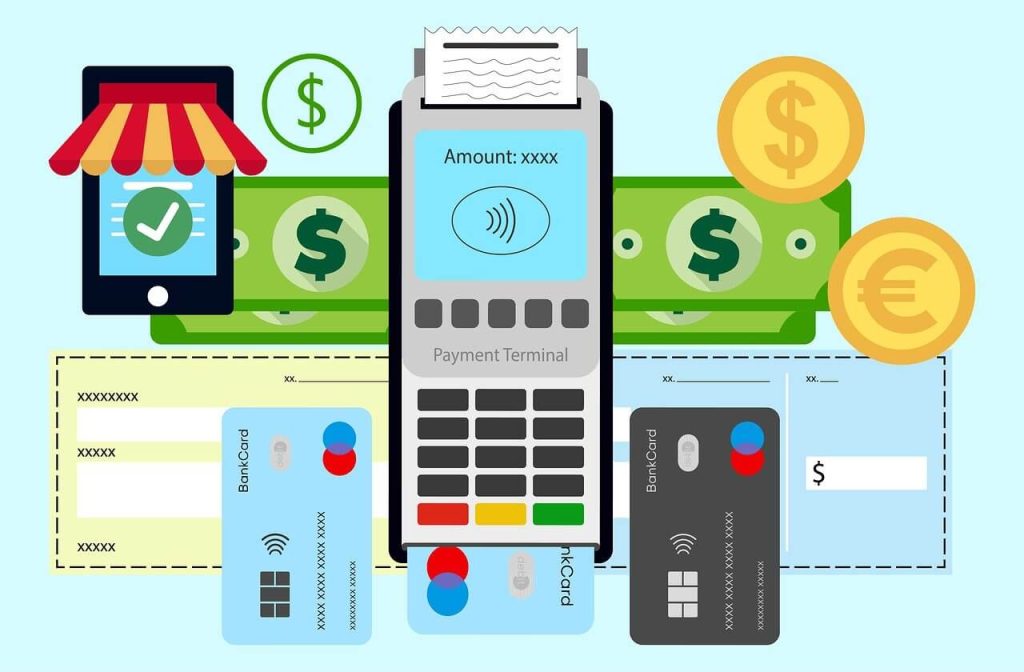
Improving your credit score requires consistent effort and strategic actions. Here are some tips:
- Pay Bills on Time
Late payments can significantly impact your score. Set up automatic payments or reminders to ensure timely payments. - Reduce Credit Utilization
Aim to keep your credit utilization below 30% of your available credit limit. Higher credit utilization can decrease your score, so try to pay down outstanding balances. - Limit New Credit Inquiries
Each application for credit results in a hard inquiry, which can lower your score slightly. Only apply for new credit when necessary. - Maintain Older Accounts
Length of credit history impacts your score. Closing older accounts can shorten your history and potentially lower your score. - Check Your Credit Report for Errors
Review your credit report annually to catch and dispute any inaccuracies that may be lowering your score.
Improving your credit score requires consistent effort, but the financial rewards are significant.
Quick Tips to Boost Your Credit Score
- Set Up Automatic Payments to avoid late fees and penalties.
- Pay Off Debt Strategically, starting with the highest-interest accounts.
- Keep Credit Card Balances Low by regularly paying down high balances.
- Avoid Opening New Accounts Frequently, as each application results in a hard inquiry.
🔍 Also Check:
- Credit Card Mistakes for Beginners
- Free Credit Score Repair Guide: Fix Your Credit, Boost Your Score
- How to Increase Credit Limit for Low Spenders
Credit Score Chart
| Credit Score | Impact on Financial Life |
|---|---|
| 300 – 579 | Limited access to loans, high-interest rates |
| 580 – 669 | Higher interest rates, fewer loan options |
| 670 – 739 | Competitive rates, access to better financial products |
| 740 – 799 | Favorable loan terms and access to premium credit cards |
| 800 – 850 | Best rates, priority access to financial products |
Bottom Line: Take Control of Your Credit Score
Your credit score isn’t static, and proactive measures can help improve it. Regular credit score check routines, keeping balances low, and on-time payments make a huge difference. Whether you’re aiming to reach a good credit score or the highest credit score possible, a strong financial future starts with understanding and managing your credit.
A good credit score is not only about securing loans but also about financial health and flexibility. Whether you’re considering a mortgage, a new car, or simply seeking to lower your credit card interest rates, maintaining a strong credit score can save you money in the long run.
With a consistent focus on improving credit score through disciplined credit management, you can reach the highest credit score possible for your financial situation. Remember, small actions—like reducing credit utilization and paying bills on time—can lead to significant credit improvements over time.
FAQs on Credit Scores
In the U.S., the FICO and VantageScore models max at 850. A 900 credit score is not possible in these systems.
A good credit score is generally between 670 and 739. However, a score above 740 is considered very good, and 800+ is excellent.
Mismanaged debt results in missed payments and high credit utilization, both of which lower your credit score.
Lenders typically consider a credit score above 700 to finance a car with minimal or no down payment.
High utilization signals risk. Lenders see borrowers who max out credit as higher risk, which can lower your credit score.
Aside from free credit score services, credit card statements, and the annual free report, some apps and banks also offer instant credit checks. You can access a free credit score check through sites like AnnualCreditReport.com, which provides one free report from each major bureau annually.
At TheCardPedia.com, we’re your trusted guide to mastering credit cards. Explore expert insights, trends, and tips to make savvy financial choices. Start your journey to financial empowerment now!

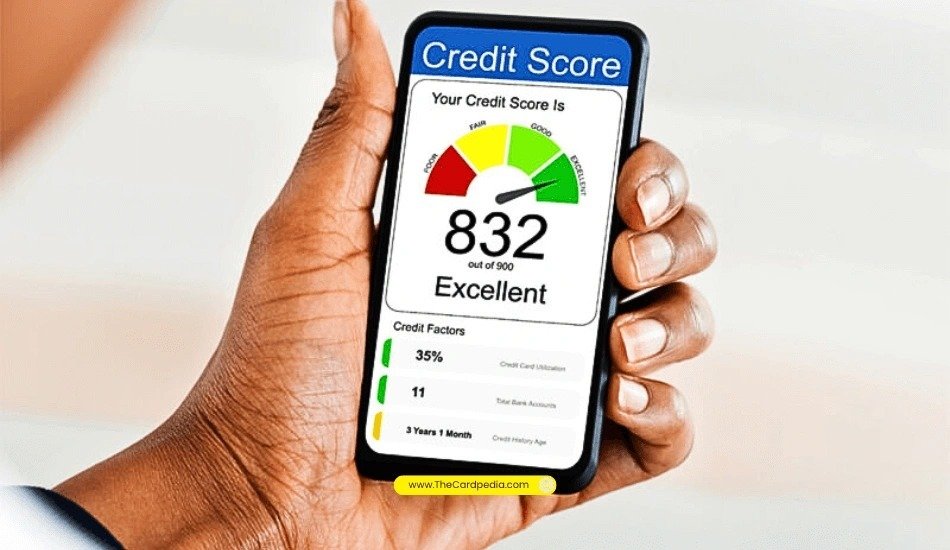



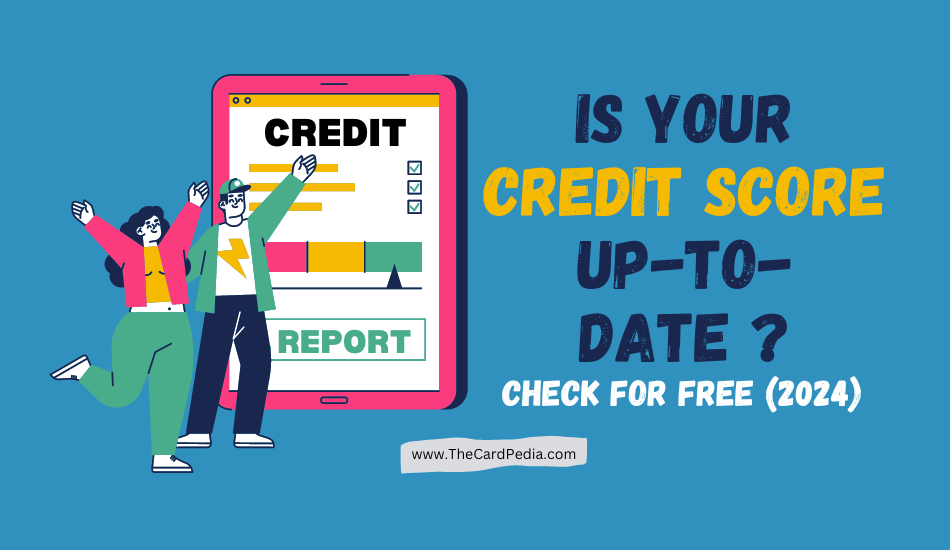
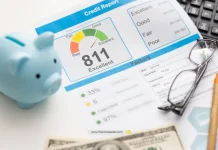
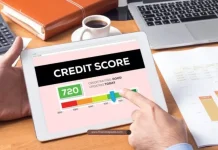
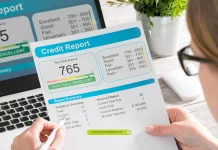


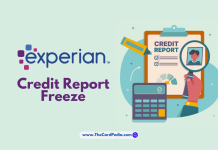

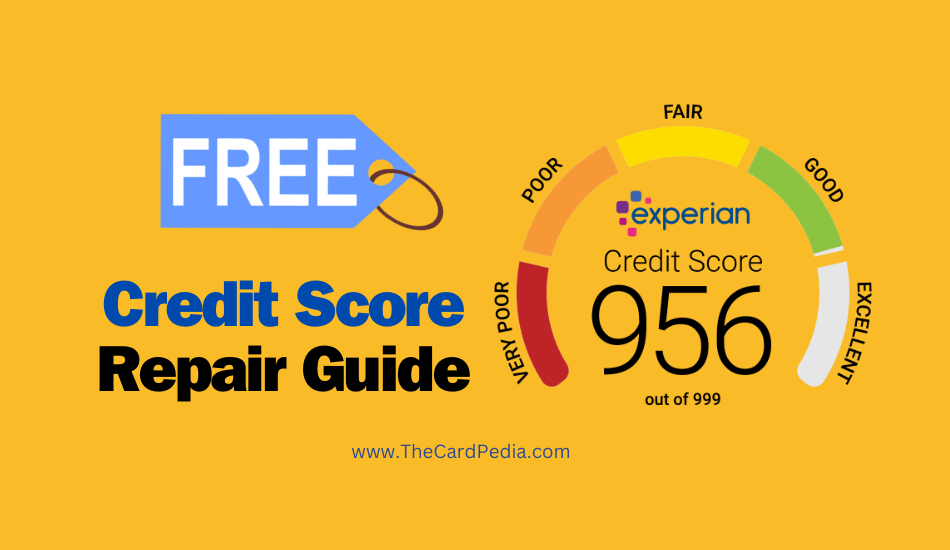







[…] What is a Good Credit Score? Learn How to Boost and Maintain It Easily […]
[…] a credit card payment can result in late fees and damage to your credit score. To avoid this, set up autopay to cover your full balance each month. This simple […]
[…] Over 85% of consumers who used BNPL loans saw consistent impacts on their Good credit scores. […]